Shoreline lessons – how beach trips boost learning
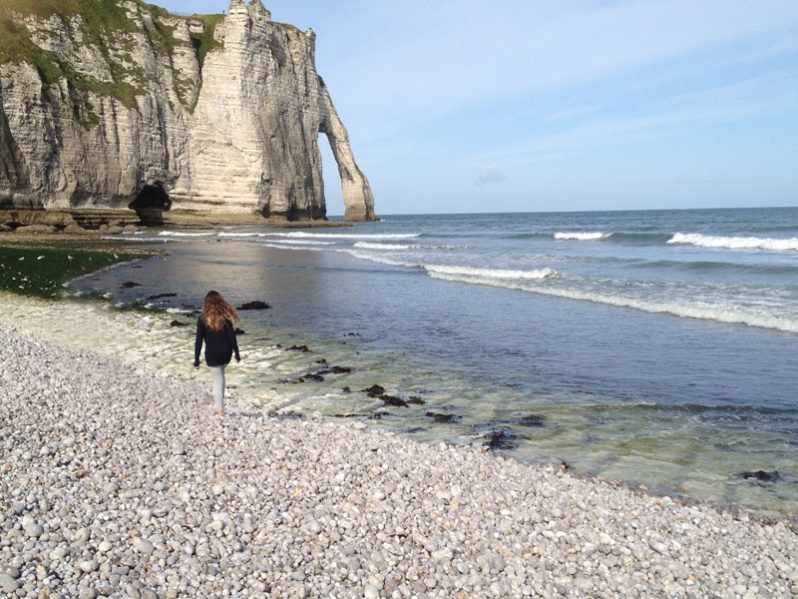
For the past five years, Beach Schools South West has been travelling all over Devon, UK, to enable children of all backgrounds to experience outdoor learning.
Plastic in the Oceans Increasing Risk of Disease in Coral Reefs
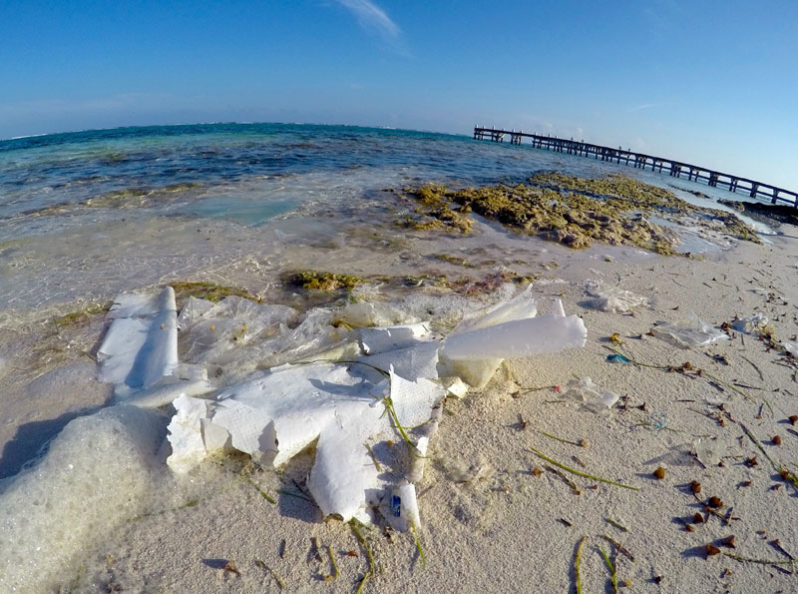
More than 11 billion pieces of plastic are lodged within coral reefs in the Asia-Pacific region. According to a new study published in the journal Science, as this plastic gets tangled, it often cuts the coral, increasing the risk of infection and disease outbreaks by as much 89 percent.
The EPA made a surprise move that could protect the world’s largest salmon fishery
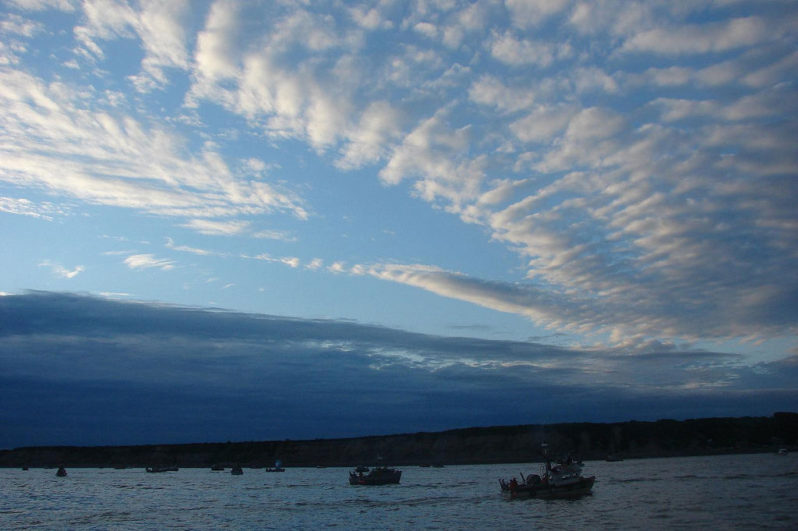
In a surprise reversal, the EPA announced it is withdrawing its plan to suspend environmental protections for the Bristol Bay watershed in Alaska, that is home to the world’s most valuable wild salmon fishery.
U.S. EPA reverses policy on ‘major sources’ of pollution
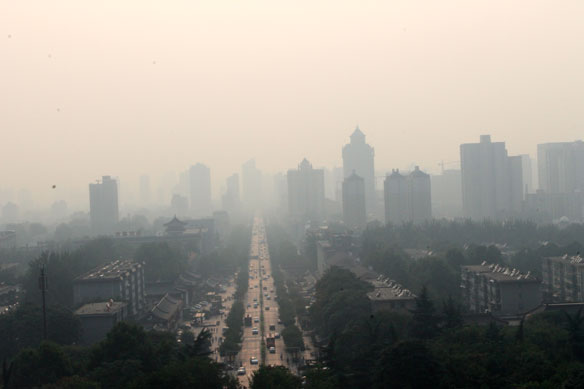
The EPA is withdrawing a provision of the Clean Air Act that requires a major source of pollution like a power plant to always be treated as a major source, even if it makes changes to reduce emissions.
2018 International Year of the Reef, UNEP
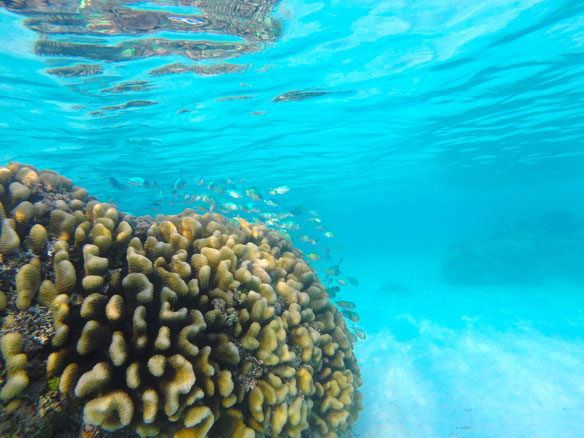
Over the last three decades, half of the planet’s coral has died under rising water temperatures and ocean acidification. To address this global crisis, global environmental leaders and countries have named this the International Year of the Reef.
Cost of recreating in polluted water estimated at $2.9 billion nationwide!
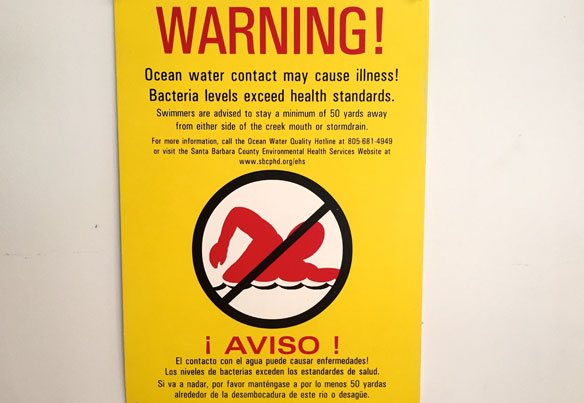
A new study published on January 9, 2018 by Environmental Health Journal estimates the national cost of getting sick from recreating in polluted water is $2.9 billion nationwide.
Rhône River Delta
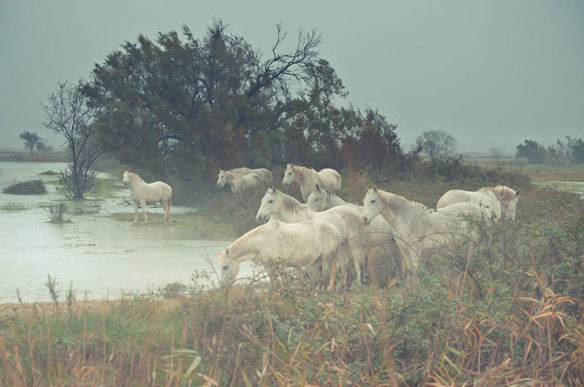
The Rhône delta in southern France, is famous in Europe as a wilderness, and with its long beaches on the Mediterranean Sea coast. This mainly rural region boasts a surprisingly rich natural environment known as the Camargue.
On the Chesapeake, A Precarious Future of Rising Seas and High Tides; Video
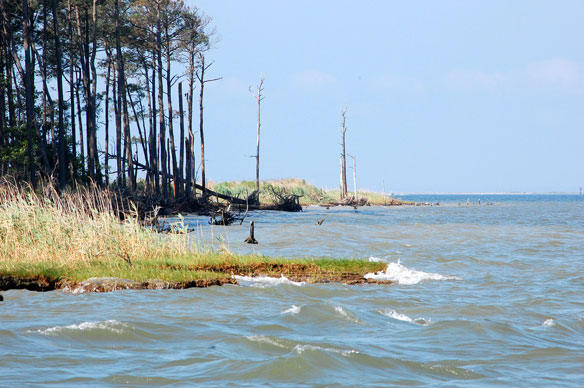
Maryland’s Dorchester County is ground zero for climate change on Chesapeake Bay, as rising seas claim more and more land. An e360 video explores the quiet beauty of this liquid landscape and how high tides and erosion are putting the bay’s rural communities at risk.
Seabed mining could destroy ecosystems
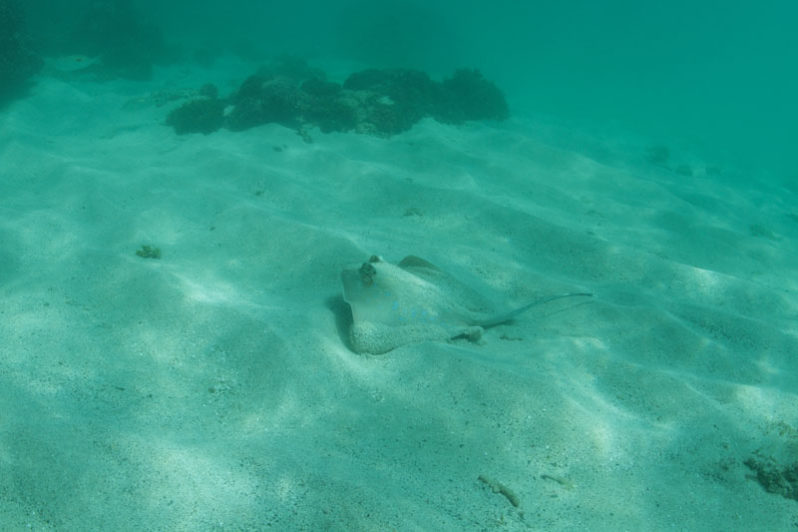
Mining on the ocean floor could do irreversible damage to deep-sea ecosystems, says a new study of seabed mining proposals around the world. The deep sea (depths below 200m) covers about half of the Earth’s surface and is home to a vast range of species.
